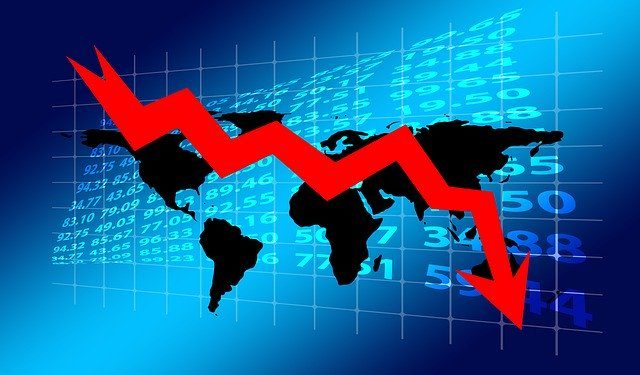The terms “Great Depression” and “Great Recession” are frequently employed to characterize periods of profound economic downturn affecting numerous countries globally. Nevertheless, they are distinct concepts with different meanings and ramifications.
A Great Depression denotes a prolonged and profound contraction in economic activity persisting for several years or more. Typically marked by deflation, high unemployment, widespread poverty, social unrest, and political instability, a notable instance occurred in the 1930s, affecting much of the industrialized world for about a decade. While the causes are still debated, factors contributing to the Great Depression include the 1929 stock market crash, banking system collapse, overproduction, decline in international trade, and the failure of monetary and fiscal policies.
In contrast, a Great Recession represents a less severe and briefer economic contraction lasting for at least two consecutive quarters. Characterized by low or negative growth, rising unemployment, falling incomes, reduced consumer spending, and lower business investment, the 2007-2009 recession, triggered by the subprime mortgage crisis in the United States, serves as a recent example. Causes include excessive leverage, creation of risky financial products, lack of regulation, global imbalances, and inadequate crisis response.
The impact of such economic downturns on a country varies based on factors like development level, economic structure, institutional capacity, policy choices, and external environment. Kenya, a lower-middle-income country in East Africa, has faced both growth and stagnation in its economic history, navigating challenges such as poverty, inequality, corruption, climate change, and vulnerability to external shocks.
While affected by the Great Recession, Kenya avoided severe contraction, maintaining a positive growth rate of 1.7% in 2009. Resilience in the agricultural sector, constituting a quarter of the GDP and employing a significant portion of the population, along with expansionary fiscal and monetary policies, supported domestic demand and mitigated global crisis impact. However, negative consequences included declining exports, tourism, remittances, foreign direct investment, widening deficits, currency depreciation, and increased inflation and public debt.
Kenya’s economy rebounded post the Great Recession, achieving an average growth rate of 4.8% per year from 2015 to 2019, reducing poverty and improving social indicators. Yet, the COVID-19 pandemic in 2020 led to a 0.3% GDP contraction. Government measures in health, social, and economic domains supported recovery, with a 7.5% GDP growth in 2021. However, some sectors, notably tourism, continued facing challenges. The outlook for 2022 and 2023 is positive with projected growth rates of 4.8% and 5.0%, respectively, but uncertainty looms due to pandemic risks, high public debt, rising global inflation, and geopolitical tensions.
Estimating the probability of Kenya entering a Great Depression or Great Recession is challenging, contingent on factors beyond the country’s control. Nevertheless, steps to reduce vulnerability and enhance resilience include diversifying growth and revenue sources, strengthening fiscal and monetary frameworks, improving governance and institutions, investing in human capital and infrastructure, enhancing regional and global integration, and addressing environmental and social challenges. Through such measures, Kenya can aspire to become a competitive and prosperous country, ensuring a high quality of life for all citizens.


















